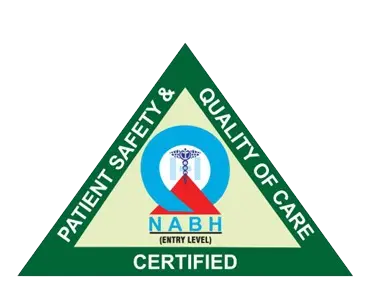Your heart has to work harder during pregnancy to pump blood to you and your unborn child. Sometimes the added stress brings to light heart health problems that you were already at. Also, stress can contribute to the development of pregnancy-related issues such as high blood pressure, diabetes, or preeclampsia (high blood pressure with signs of damage to another organ system, such as the kidneys).
You may have these issues during pregnancy, labor, and delivery, and even up to a year following your child’s birth.
How does pregnancy affect the heart?
Heart and circulatory system are under stress throughout pregnancy. Your heart pumps more blood per minute, and your heart rate rises during pregnancy as your blood volume increases by 30 to 50% to sustain your developing kid.
Additionally, taxing on your heart is labor and delivery. Your blood pressure and flow will suddenly shift while you are at work, especially when you push. The strains placed on the heart after delivery don’t recover to their pre-pregnancy levels for a few weeks.
Do some heart conditions cause more complications than others?
Certain cardiac problems, particularly mitral or aortic valve constriction, can endanger the life of the mother or the unborn child. Depending on the situation, some heart diseases necessitate invasive therapies like heart surgery before you try to get pregnant.
Women with Eisenmenger’s syndrome, a rare congenital disorder that affects the arteries in the lungs and the right side of the heart, or excessive blood pressure are advised against getting pregnant (pulmonary hypertension).
What about medication?
Pregnancy-related medication side effects can impact the unborn child. However, the advantages frequently outweigh the drawbacks. Our Obstetrics and Gynaecology expert will recommend the safest drug at the right dosage if you need medication to regulate your cardiac disease. Follow the medicine instructions exactly. Don’t alter the dosage or stop taking the drug on your own.
How should you prepare for pregnancy?
An obstetrician who specializes in very high-risk pregnancies will likely be recommended to you (maternal-fetal medicine specialist). You might also want to follow up with other healthcare providers on your team, like your family doctor.
Before you get pregnant, your medical team will assess how effectively you are controlling your heart disease and take any necessary medication modifications into account. Pregnancy is not the time to take certain heart disease drugs. Your doctor may change the dosage or prescribe a different medication and explain the hazards associated depending on the situation.
How can you prevent complications?
The greatest way to care for your infant is to take good care of yourself. For instance:
- Do not miss any prenatal checkups: Throughout your pregnancy, make routine trips to your doctor.
- Administer your medication as directed: Your medical professional will recommend the safest drug at the best dosage.
- Get lots of sleep: If you can, try to nap every day and stay away from physically demanding activities.
- Take note of any weight increase: The growth and development of your infant are supported by gaining the appropriate amount of weight. Your heart is put under additional strain when you gain too much weight.
- Conquer your fear: Inquire about your development. Learn about the labor and delivery process. You might feel more at peace if you are aware of what is happening.
- Recognize what is prohibited: Avoid using illegal substances, alcohol, caffeine, and smoking.
What signs or symptoms should I report to my healthcare provider?
If you experience any symptoms, especially those of the following concern, get in touch with us during pregnancy:
- Trouble breathing
- Exertion-induced or at-rest shortness of breath
- Heart palpitations, a fast heartbeat, or an irregular pulse
- Chest ache
- A bloody cough or nighttime coughing
Bottom Line,
If you don’t opt for best treatment for unusual symptoms, then these may result in preterm birth or health problems for the infant, like low blood sugar. After birth, it usually goes away, but subsequent pregnancies put you at higher risk. You also have a higher chance of getting type 2 diabetes as a result.



